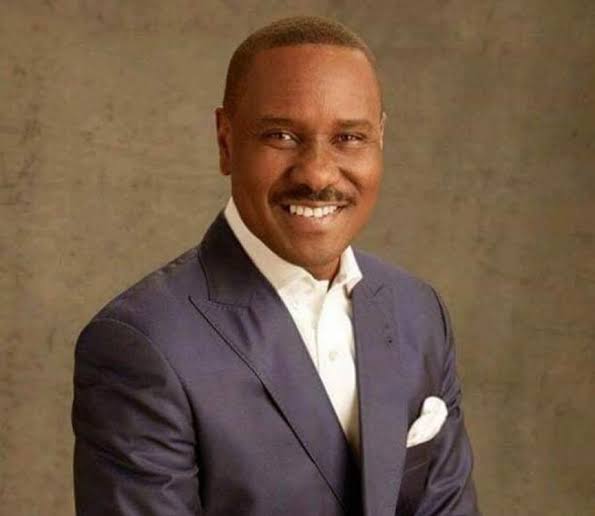Stakeholders across various sectors have outlined actionable solutions for the government to ensure sustainable development, addressing both challenges and opportunities as Nigeria prepares for 2025.
At the core of their recommendations is the call for effective governance, economic diversification, youth empowerment, and strengthened collaboration between the government, private organizations, and civil society.
This collective appeal emerged during an ‘Open Mic’ discussion convened by the Africa Leadership Group (ALG) and the Nigeria Leadership Series (NLS), where participants reflected on the pressing issues of the outgoing year while offering strategies for progress in the coming one.
A major highlight of the discussion was the urgent need to tackle food insecurity.
Stakeholders emphasized systemic solutions such as government support for agricultural productivity, building community resilience, and fostering partnerships with private organizations to ensure consistent food supplies.
Citing initiatives like the Farm Farm Program, which distributed food and conducted needs assessments in vulnerable communities, they urged the government to expand efforts to combat hunger and poverty nationwide.
Equally critical was the call for leadership reform and enhanced civic engagement.
Programs such as the Ituah Olajide Ighodalo’s Responsible, Ethical, and Accountable Leadership (REAL) Mentorship Program stood out
for equipping emerging Nigerian youth leaders with the tools needed to advocate for responsible governance.
Stakeholders pressed for the political inclusion of youth and the institutionalization of leadership training programs on a national scale.
In reflecting on the year’s events, participants also stressed the importance of equipping citizens with essential skills to enhance self-reliance and productivity.
They urged the government to pursue meaningful collaboration with both local and international partners. Efforts such as the submission of memoranda for constitutional review and outreach to the National Orientation Agency (NOA) were applauded as steps toward inclusivity and accountability.
However, participants expressed disappointment over the lack of responsiveness from some government institutions and called for a renewed commitment to participatory governance.
Budgetary transparency was another recurring theme, with stakeholders emphasizing the need for accountability frameworks to bolster public trust.
Collaborations with organizations like BudgIT to track and monitor local government autonomy projects were identified as vital for strengthening governance.
Throughout the year’s activities, fostering hope and resilience emerged as a unifying message.
Pastor Ituah Ighodalo, president of the Nigeria Leadership Series (NLS), encouraged citizens to remain steadfast in their prayers and contributions to building a better nation. “One day, by God’s grace, we’ll have a brand-new Nigeria and a brand-new Africa,” he affirmed during his closing address.
As the new year approaches , stakeholders emphasized that the collective resolve of citizens, organizations, and government institutions will shape the nation’s development trajectory. With a shared commitment to accountability, inclusivity, and collaboration, 2025 holds the promise of transformative progress for Nigeria.

